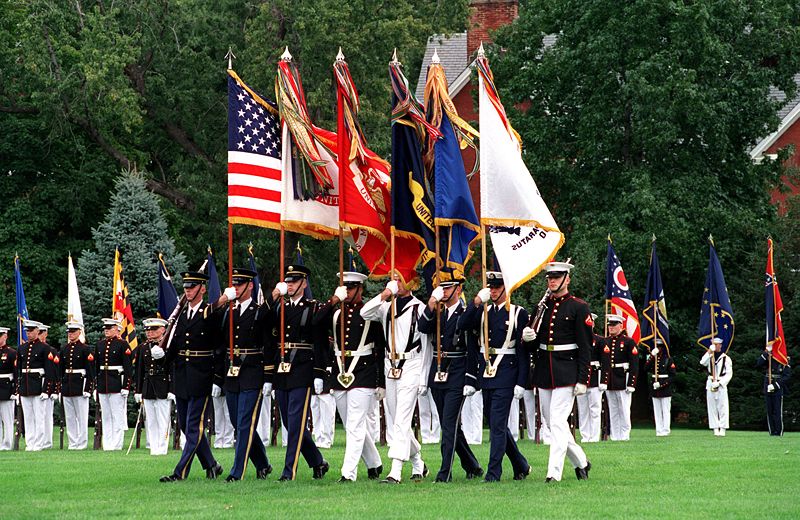Wikipedia photo
MANILA, Philippines— The United States and the Philippines have reached a 10-year pact that would allow a larger U.S. military presence in this Southeast Asian nation as it grapples with increasingly tense territorial disputes with China, according to two Philippine officials and a confidential government primer seen by The Associated Press on Sunday.
The Enhanced Defence Cooperation Agreement, which would give American forces temporary access to selected military camps and allow them to preposition fighter jets and ships, is due to be signed Monday at the Department of Defence in the Philippine capital, Manila, shortly before the arrival of President Barack Obama, the officials said. Obama’s visit is the last leg of a four-country Asian tour that also took him to Japan, South Korea and Malaysia.
The two officials spoke with the AP on condition of anonymity because they were not authorized to discuss details of the pact ahead of its signing.
A Philippine government primer on the defence accord did not indicate how many additional U.S. troops would be deployed “on temporary and rotational basis,” but it said that the number would depend on the scale of joint military activities to be held in Philippine camps.
Hundreds of American military personnel have already been deployed in the southern Philippines since 2002 to provide counterterrorism training and as advisers to Filipino soldiers, who have been battling Muslim militants for decades.
The Philippine Constitution bars permanent U.S. military bases. Under the agreement, a Filipino base commander would have access to entire areas to be shared with American forces, according to the primer.
Disagreements over Philippine access to designated U.S. areas within local camps had hampered the negotiations for the agreement last year.
The agreement would promote better co-ordination between U.S. and Filipino forces, boost the 120,000-strong Philippine military’s capability to monitor and secure the country’s territory and respond to natural disasters and other emergencies.
“Pre-positioned materiel will allow for timely responses in the event of disasters natural or otherwise,” the primer said.
The presence of foreign troops is a sensitive issue in the Philippines, a former American colony.
The Philippine Senate voted in 1991 to close down major U.S. bases at Subic and Clark, northwest of Manila. However, in 1999, it ratified a pact with the United States allowing temporary visits by American forces. That paved the way for hundreds of U.S. forces to hold counterterrorism combat exercises with Filipino troops dealing with insurgents in the country’s south.
This time, the focus of the Philippines and its underfunded military has increasingly turned to external threats as territorial spats with China in the potentially oil- and gas-rich South China Sea heated up in recent years. The Philippines has turned to Washington, its longtime defence treaty ally, for help modernize its navy and air force, among Asia’s weakest.
Chinese paramilitary ships took effective control of the disputed Scarborough Shoal, a rich fishing ground off the northwestern Philippines, in 2012. Last year, Chinese coast guard ships were deployed to another contested offshore South China Sea territory, the Second Thomas Shoal, where they have been trying to block food supplies and rotation of Filipino marines aboard a grounded Philippine navy ship in the shallow waters of the remote coral outcrops.
The Philippines’ desire to bolster its territorial defence has dovetailed with Washington’s intention to pivot away from years of heavy military engagement in the Middle East to Asia, partly as a counterweight to China’s rising clout.
Such convergence would work to deter China’s increasingly assertive stance in disputed territories, Philippine analyst Ramon Casiple said. But it could also further antagonize Beijing, which sees such tactical alliance as a U.S. strategy to contain its rise, and encourage China to intensify its massive military buildup.
“The Philippines’ immediate and urgent motivation is to strengthen itself and look for a security shield with its pitiful military,” Casiple said. “The U.S. is looking for a re-entry to Asia, where its superpower status has been put in doubt.”
“China will become more careful but it’s determination to build its military will intensify because what’s at stake is something which it has publicly declared as a core interest,” he said.
___
AP White House Correspondent Julie Pace contributed to this report.
